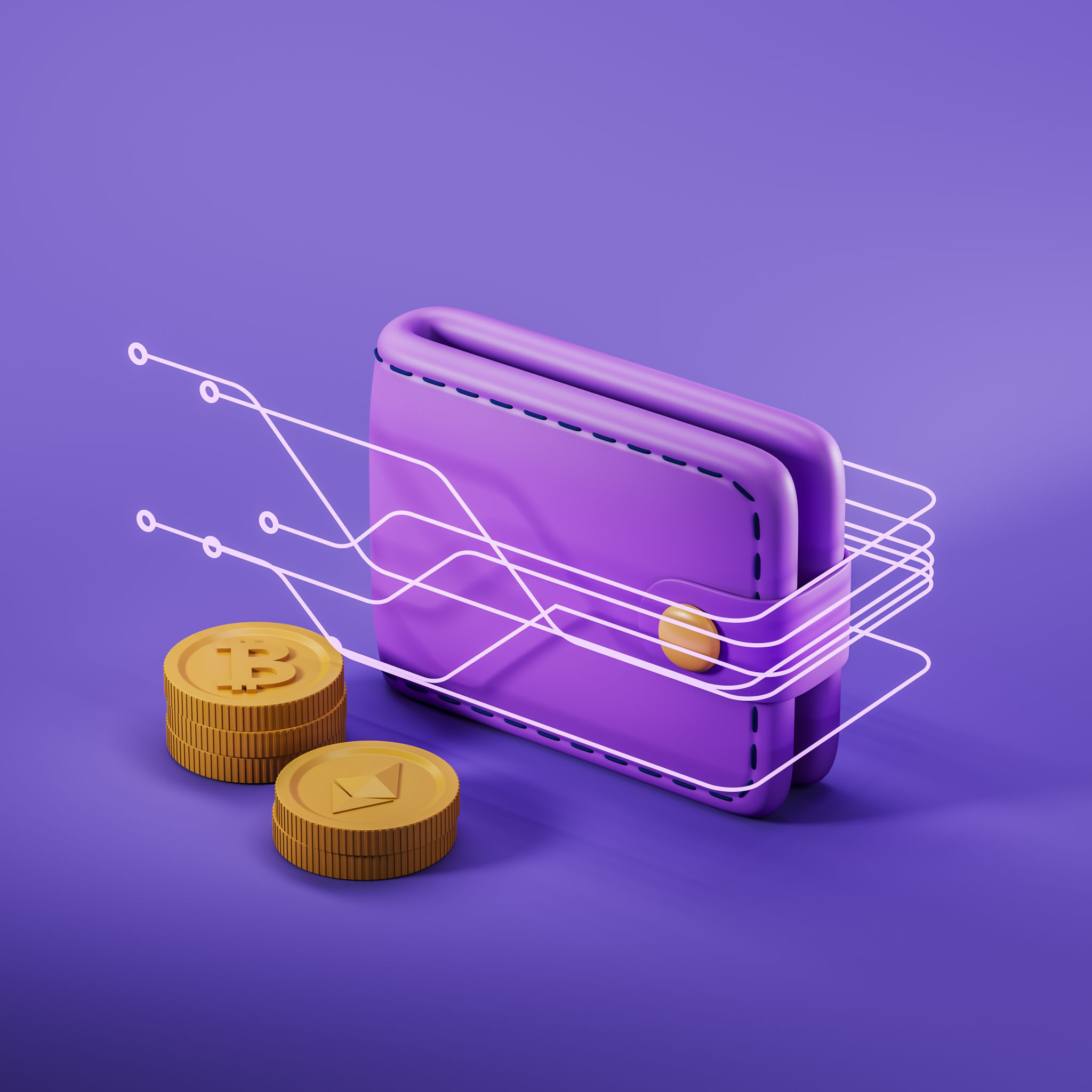Beginner's Guide to Crypto Wallets: A Key to Web3 Adoption
Understanding Crypto Wallets
As the digital world evolves, the concept of Web3 is becoming an integral part of the internet's future. At the heart of this revolution are crypto wallets, essential tools for anyone looking to engage with decentralized applications and blockchain technology. But what exactly are crypto wallets, and why are they crucial for Web3 adoption?
Crypto wallets are digital tools that allow users to store and manage their cryptocurrency assets. Unlike traditional wallets, crypto wallets don't hold physical currency. Instead, they store public and private keys, essential for sending and receiving digital currencies like Bitcoin and Ethereum.

Types of Crypto Wallets
There are several types of crypto wallets, each offering different features and levels of security. Understanding these can help beginners choose the right option for their needs.
Hot Wallets
Hot wallets are connected to the internet, making them convenient for everyday transactions. They include web wallets, mobile wallets, and desktop wallets. While they offer ease of access, they are more vulnerable to hacking attempts due to their online nature.
Cold Wallets
Cold wallets, on the other hand, operate offline, providing enhanced security for long-term storage. They include hardware wallets and paper wallets. Cold wallets are ideal for storing large amounts of cryptocurrency as they are less susceptible to online threats.

Setting Up Your First Crypto Wallet
Getting started with a crypto wallet is a straightforward process. Here’s a simple guide:
- Choose your wallet type: Decide between a hot or cold wallet based on your usage and security needs.
- Download or purchase: If you opt for a hot wallet, download the app or software from a reputable source. For cold wallets, purchase a hardware device from a trusted vendor.
- Create your account: Follow the instructions to set up your wallet. This usually involves creating a unique password and backup phrase.
- Secure your keys: Ensure that your private keys are stored safely, as they are crucial for accessing your assets.
The Role of Crypto Wallets in Web3
Crypto wallets play a pivotal role in the broader ecosystem of Web3 by enabling users to interact with decentralized applications (dApps). They act as gateways to a new internet where users have more control over their data and financial transactions.
In this decentralized world, crypto wallets allow individuals to authenticate themselves without relying on third parties. This not only enhances privacy but also fosters a sense of ownership over digital identities.

Security Tips for Crypto Wallets
While crypto wallets provide numerous benefits, maintaining security is paramount. Here are some tips to safeguard your assets:
- Keep your private keys offline: Storing keys on a device not connected to the internet reduces hacking risks.
- Use strong passwords: A robust password adds an extra layer of protection to your wallet.
- Enable two-factor authentication (2FA): Whenever possible, activate 2FA for an additional security measure.
- Regularly update software: Keeping your wallet software up to date ensures you have the latest security patches.
The Future of Crypto Wallets
The future of crypto wallets is promising as they continue to evolve alongside Web3 technologies. With advancements in security features and user interfaces, these tools are becoming more accessible to mainstream users. As blockchain technology gains wider acceptance, crypto wallets will play an increasingly vital role in shaping the digital economy.
The journey into Web3 is just beginning, and understanding how to use crypto wallets effectively will empower individuals to participate fully in this new era of the internet.

